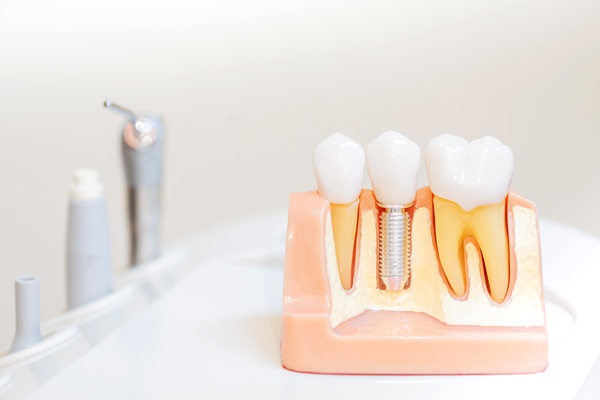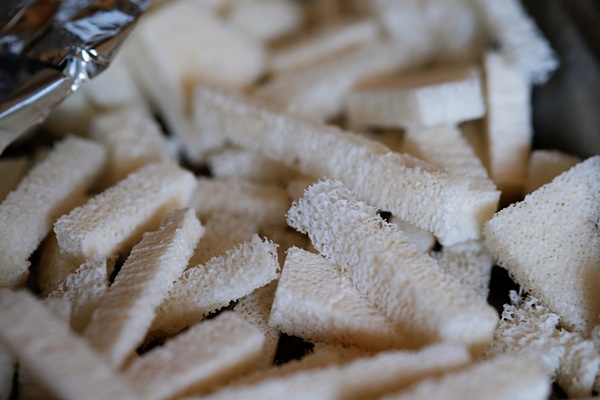The Recovery Process After a Gum Graft Procedure

Wanting to understand more about gum graft procedures for patients with receding gums? Smart. The more you understand about any dental procedures you need to undergo, the more likely you will experience a successful outcome. Since this particular procedure is one that supports your healthy gums, a successful recovery is important.
What exactly is a gum graft?
Finding out what a gum graft is and what it entails is a great idea, as this helps you understand what you can expect if you need to undergo this dental procedure. Gum grafting is a surgical process that allows a dental professional to take gum tissue from the roof of a patient's mouth and add it to areas that are receding. Patients are given a local anesthetic and the entire process is done in about 90 minutes. It is essential for patients to carefully follow any aftercare instructions given by their dental professional in order to expect a successful recovery.
The recovery process after a gum graft
The list below includes important information that every dental patient needs to know about the recovery process after undergoing a gum grafting procedure. The average amount of time it takes to heal after a gum grafting procedure is somewhere between 10 and 14 days.
The first few days
During the first few days after undergoing the procedure, patients can expect to experience some discomfort, tenderness and/or pain. Taking over-the-counter pain relievers can help minimize any discomfort or pain. Patients need to rest for at least 48 hours after undergoing the surgery, which means they should not participate in any physical activities.
Brushing and flossing
Patients need to avoid brushing or flossing around the gum grafting area until it is completely healed. This is an important part of the recovery process because it is important not to disturb the gum grafting area, otherwise, it may not heal correctly. Patients will be given a special mouthwash to use during the recovery process in order to help control any plaque buildup.
Consuming foods and drinks
After undergoing a gum grafting procedure, patients are encouraged to eat soft foods for at least seven days and preferably for up to 14 days. Eating soft foods is important because softer foods do not require a lot of chewing, which is easier on the mouth. It is also important for patients to avoid drinking or eating anything that is very cold or very hot, as this could cause irritation to the gum grafting area.
Ready to schedule your gum grafting procedure?
Do you currently have receding gums? Then a gum graft procedure may be in your near future. Now that you understand more about what is involved with a gum grafting procedure, including the recovery process, you have more information so you know what to expect. The only way you can know for sure whether or not you are in need of this dental procedure is by making an evaluation appointment with a dental professional. Contact us today to set up an appointment.
Are you considering a gum graft in the Lee's Summit area? Get more information at https://spectrumsurgical.net.
Check out what others are saying about our services on Yelp: Read our Yelp reviews.
Recent Posts
Dental implants represent a durable and aesthetically pleasing solution for replacing missing teeth. Understanding the proper care for dental implants remains essential to ensure longevity and optimal function. Adhering to recommended practices significantly reduces the risk of complications, preserves oral health, and maintains the attractive appearance and comfort associated with implants. By implementing consistent maintenance…
The jawbone is the part of the face that holds many essential elements together, such as the teeth, ligaments, and muscles; however, bone grafting may sometimes be necessary if the jawbone is too weak to perform these tasks. A person’s jawbone can deteriorate over time, whether due to age, genetics, poor oral health, cancer, or…
Finding lasting relief from issues such as misalignment and facial asymmetry can involve specialized procedures. Fortunately, corrective jaw surgery is a reliable option for addressing these concerns. A dental specialist realigns the upper or lower jaw during this process to promote better function and comfort. Although the procedure can benefit health and appearance significantly, a…
Many individuals seek rhinoplasty to enhance facial harmony, improve nasal function, or correct structural abnormalities. As a surgical procedure that reshapes the nose, rhinoplasty can address aesthetic concerns as well as breathing difficulties caused by structural defects such as a deviated septum. Understanding the consultation process, surgical techniques, and what to expect from the recovery…


